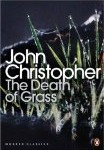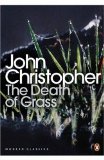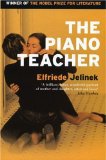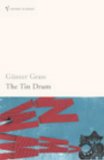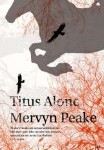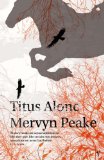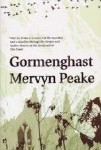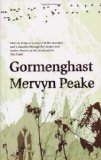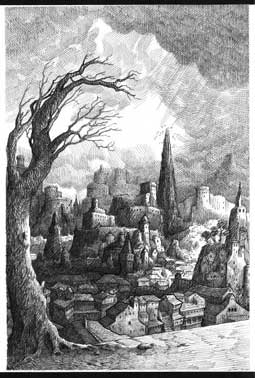 Translated from the Russian by James Riordan
Translated from the Russian by James Riordan
Five words from the blurb: husband, newcomer, village, letters, love
I knew nothing about this book, but accepted a review copy because the author was said to be “Kyrgyzstan’s best known literary figure” and it was described as “the greatest love story ever told”. I’d never read a book from Kyrgyztan before, but whilst it was interesting to learn about village life in this country, Jamilia was too sparse for my taste.
The book is set during WWII at a time when all the men from the village have gone away to fight; leaving the women and the elderly to run the farms by themselves. Jamilia is a spirited young woman who has little interest in the letters she receives from her husband on the front line, but the arrival of Daniyar, a stranger who has been injured on the battlefield, changes everything and they soon find themselves falling in love.
The writing was beautiful and there were lots of vivid scenes, but I found the emotional connection to the characters wasn’t there – it was all too passive for me.
He took no notice of my presence; he just sat there, hugging his knees and gazing into the distance with a pensive, yet unclouded look. And once again I felt he was listening intently to sounds I could not hear. Now and again he would shudder and freeze, his eyes open wide. Something was bothering him and I fancied he would get up at any moment and unburden his soul, but not to me – he didn’t even notice me – rather to something vast, unbounded, unfathomable.
At just 96 pages long this novella can be read in a single sitting and I think this brevity also increased my frustration with it. I prefer a more complex plot, especially when looking for “the greatest love story ever told”. It probably didn’t help that the best love story I’ve ever read is The Dark Side of Love by Rafik Schami, an 850 page epic in which I came to understand everything there was to know about the couple in love. In comparison Jamilia barely scratched the surface and I didn’t fully understand their culture or ambitions.
I’d also warn readers who dislike spoilers to avoid reading the blurb, or most reviews for this book. Every plot point for this short story is given away, with no surprises at the end.
Overall it is worth reading this book – simply because little other literature from Kyrgyzstan is available in translation, but I’m sure there are many better love stories out there in the world.

.
The thoughts of other bloggers:
…a truly lovely story, that was a joy read. Bart’s Bookshelf
I am not as in love with Jamilia as others have been, but I am in love with Seit’s idea of being in love. The Stardust Reader
…a book that will linger with you long after you have put it down. Winstonsdad’s Blog

